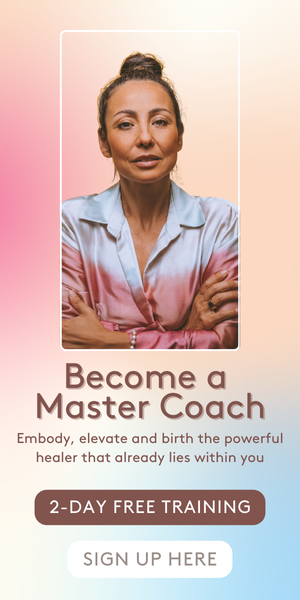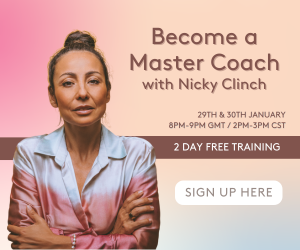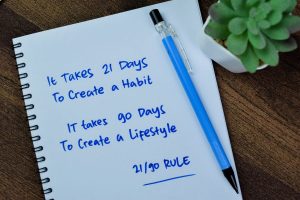How to manage the shift from full time to freelance work

During the pandemic, the world of work altered dramatically. A survey suggested that there has been a 63% increase in freelance workers since Covid 19 struck – a quarter of them saying this was down to job loss, while a further 10% had set up a side hustle to earn extra cash after being furloughed. There are a lot of benefits to being your own boss and having the freedom to work on your own terms; not least, a better work-life balance and improved wellbeing. Yet working for ourselves isn’t all roses and comes with plenty of challenges. Louise Gordon gave up her job in 2018, to combine her work in marketing with teaching yoga. Here, she shares her tips on how to manage the shift from full-time to freelance life.
YOUR MONEY
Think of yourself as a business and know your worth. Do your research on the industry pricing, consider your experience and your location – these are all factors that will help you set your fee. Once you’ve decided, own it and stick to it. Talking about money and negotiating is uncomfortable yes, but you have to take it seriously if you want to survive. Budget for when the money does start to come in – there are lots of apps and other online tools to help with this. Your future self will thank you.
YOUR TIME
This is the other thing to be clear on. As a freelancer, you have your day rate and that is usually agreed upon within set working hours. I’ve heard so many stories of exploitation of freelancers, working well beyond their agreed hours and for no extra payment. Any good employer should respect you and your time (and you, them and theirs!). If time management is something you struggle with, there are a lot of good online resources to support. Find out more here.
YOUR COMMUNITY
It can be lonely at times as a freelancer, particularly if you work from home, that’s why having a community is so important. There are a lot of great online (and in-person) community groups out there to offer tips, best practices, connect you to future employers or just listen when you need to talk. I’m part of a couple of WhatsApp groups for health and wellbeing professionals and I’m active on other professional groups for marketing and production work too. Covid restrictions depending, it’s important to go to networking events too. I’ve met some great friends and colleagues from these meet-ups that I don’t think I would have come into contact with otherwise.
YOUR HEALTH
Freelancers often work longer hours and ‘hustle’ a lot more than people in full-time employment – this can lead to stress, anxiety and burnout. These conditions can affect anyone but, often in a full-time role, there is an HR team to offer and provide support.
What a lot of people don’t consider about freelancing are the other roles you have to take on; you have to become the accountant (managing your invoices and taxes), the project manager (juggling projects and contracts) as well as the sales and marketing team (promoting yourself and your work). Learning these new roles can be tiring, so too is the movement from company to company and contract to contract with new colleagues to get to know, new ways of working and company cultures to adapt to – these are all elements that require effort. As a freelancer, particularly during the first few months, it is important to listen to your body and your mind, know your limitations and ensure you factor in time to rest. Block out time in your day for breaks and ensure you have at least one full day off a week.
FIND OUT MORE
There is no right way to make the shift from full-time to freelance work – everyone will have a different vision. These are just some things I personally found helpful and some other resources that really helped me manage the shift.
● Working Women’s Handbook – Ideas, Insights and Inspiration for a Successful Creative Career by Phoebe Lovatt
● Do Breathe – Calm your mind. Find Focus. Get Stuff Done by Michael Townsend Williams
● The Dots – This is a great online platform which allowed me to promote myself and my work, connect with other creative and marketing professionals and learn about interesting and relevant industry events.












